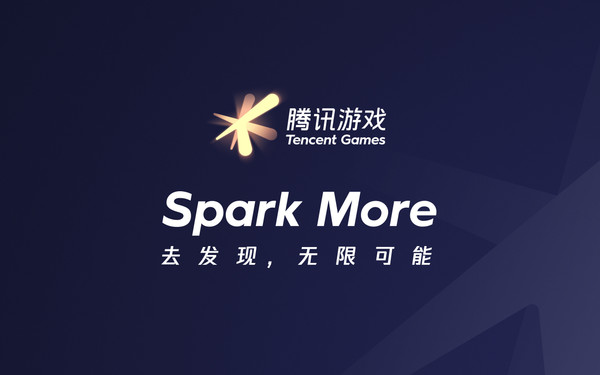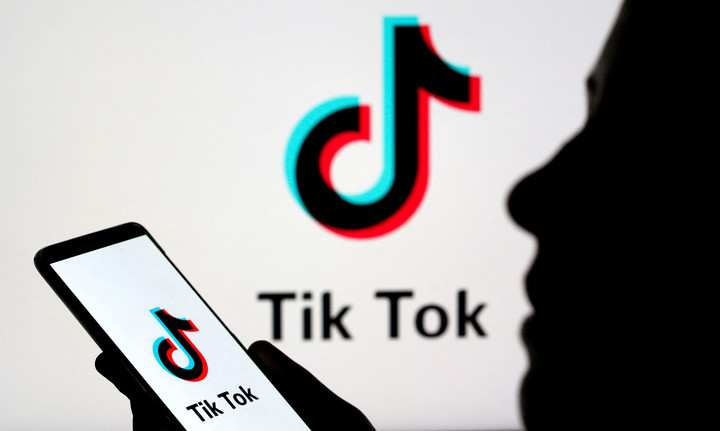Tencent, the Hidden Supporter of Mobile Success, Yet a Potential Source of Global Regulatory Issues

(MHN Park Sung Ha) Krafton's revenue significantly relies on the success of PUBG Mobile. For this reason, Krafton has maintained a strategic partnership with Tencent, which played a key role in PUBG Mobile’s success.
However, in countries like India and the United States, associations with Chinese companies like Tencent have become a regulatory risk. Tencent serves as both an ally driving Krafton's growth and a potential risk factor.

Krafton has long relied on its cooperation with Tencent, China's largest tech company, to expand the global reach of its core IP, PlayerUnknown’s Battlegrounds (PUBG).
Tencent holds a 13.5% stake in Krafton as the second-largest shareholder, and is responsible for developing and publishing the mobile version, PUBG Mobile, globally.
PUBG Mobile, developed by Tencent’s subsidiaries Timi Studios and Lightspeed & Quantum, has become one of the biggest successes in mobile gaming history, with over 1 billion downloads and $10 billion in cumulative revenue.
This collaboration has been pivotal in Krafton's expansion of overseas revenue. In fact, as of Q1 2025, 95% of Krafton’s total revenue came from abroad, making Tencent an indispensable distribution partner and a platform provider that lowers technological and market entry barriers.

For instance, in China, where it was difficult to officially launch PUBG, Tencent altered the game to meet local regulations and published it under the name "Game for Peace" (和平精英), effectively penetrating the Chinese market through this workaround.
However, Krafton's relationship with Tencent has also posed risks in certain countries. A representative example is India’s decision to ban PUBG Mobile in 2020. The Indian government cited national security concerns and data protection as reasons for banning over 100 Chinese apps, including PUBG Mobile, due to Tencent’s involvement.

Subsequently, Krafton severed ties with Tencent in India and established a separate entity to launch BGMI (Battlegrounds Mobile India), with local servers and content, to resume services in the country.
Such incidents highlight the geopolitical risks associated with intellectual properties connected to Chinese capital.
The United States is also increasing its scrutiny of Tencent. As evidenced during the Trump administration’s attempts to impose sanctions on TikTok and WeChat, the issue of data access by Chinese tech companies has remained a persistent concern in the U.S.

As Krafton aims to aggressively target the U.S. market, the structure of its collaboration with Tencent could become a political variable.
Thus far, Tencent has been an essential partner in Krafton’s growth. However, as regulatory environments become more complex worldwide, the potential for this partnership to turn into a regulatory risk remains a significant consideration in Krafton’s strategic planning.
As a result, Krafton is balancing its partnership with Tencent by establishing independent subsidiaries, separating publishing, and localizing servers in certain regions.
For Krafton, Tencent represents both a growth engine and an external variable. How the company manages the balance between the benefits and risks of this strategic partnership will be a crucial factor in determining Krafton’s future global business direction.
photo=Krafton, Yonhap news, Tencent
추천 뉴스
- 1 ‘IP is our asset’, Krafton’s Vision for Expanding Its Universe Krafton is pursuing a strategy to expand its intellectual property (IP) into various forms of content, moving beyond a game-centric revenue model. The company aims to expand its universe through media such as animation, webtoons, and novels, with the goal of fostering long-term fandom and diversifying revenue streams.
- 2 Can AI Diagnose Your Illness? Gyeonggi Hospitals Adopt Medical AI Systems (MHN Reporter Minseo Cho) Gyeonggi Province, located in South Korea, is accelerating the digital transformation of its public healthcare system by introducing advanced AI technologies.On May 12th, the province announced the launch of a pilot project to implement the 'AI Diagnostic Assistance System'
- 3 June 3 Presidential Race Begins as Early Election Campaign Officially Kicks Off South Korea’s early presidential election, scheduled for June 3, has officially begun with a confirmed three-way race, as candidates embark on a 22-day campaign tour across the country.The National Election Commission closed candidate registration at 6 p.m. on the 11th and announced the final list.
- 4 Han Deok-su Joins People Power Party Amid Presidential Race Shake-Up (HMH Jimin Lee, Reporter) Independent presidential candidate Han Deok-su has joined the People Power Party (PPP).Han officially became a member of the PPP on the morning of May 10, gaining the status of a responsible party member.Lee Jeong-hyun, spokesperson for Han's campaign, stated in a briefing
- 5 “Buses Will Stop on the 28th if No Deal Reached” — Bus Unions in 22 Regions Warn of Nationwide Strike if Talks Fail (MHN Yi Joo-hwan) Labor unions representing city bus drivers in 22 regions across South Korea—including Seoul, Busan, Incheon, and Gyeonggi Province—have warned of a simultaneous nationwide strike if negotiations with management fail.On May 8, the Federation of Korean Automobile and
- 6 "Exchange Rates, Regulations, and Market Risks"... Will Krafton's Performance Be Shaken by External Factors? Krafton is enjoying a prosperous period, having achieved its highest-ever performance to date. However, it remains uncertain whether such strong performance can be maintained. Various external factors must be considered.
- 7 SK Group Chairman Chey Tae-won Issues Public Apology for SK Telecom USIM Hacking Incident SK Group Chairman Chey Tae-won publicly apologized for the SK Telecom USIM hacking incident, pledging security improvements, while NARS called for stronger legislative measures.
- 8 Anthrax Death Reported in Thailand for First Time in 31 Years — Korean Tourists Urged to Remain Vigilant (MHN Intern Reporter Yi JooHwan) — A recent anthrax outbreak in Thailand, a top destination for Korean tourists, has led to one confirmed death and the potential exposure of hundreds to the disease.On May 2, Thailand’s Ministry of Public Health confirmed two cases of anthrax infection in Mukdahan Pr
- 9 Trump Mentions "Samsung Will Build a Large Factory in the U.S."… Samsung Says "No Official Announcement" Trump Mentions Samsung's U.S. Factory Construction… Samsung Says No Official Announcement; Industry Focuses on Possible Tariff Pressure Remarks
- 10 Acting President Lee Ju-ho Vows Fair Election, National Stability Amid Power Vacuum (MHN Reporter Minseo Cho) Vice Prime Minister and Minister of Education Lee Ju-ho has officially assumed the role of acting president following a series of high-profile resignations in the cabinet.Former Acting President Han Duck-soo stepped down on May 1 to run in the upcoming presidential election
